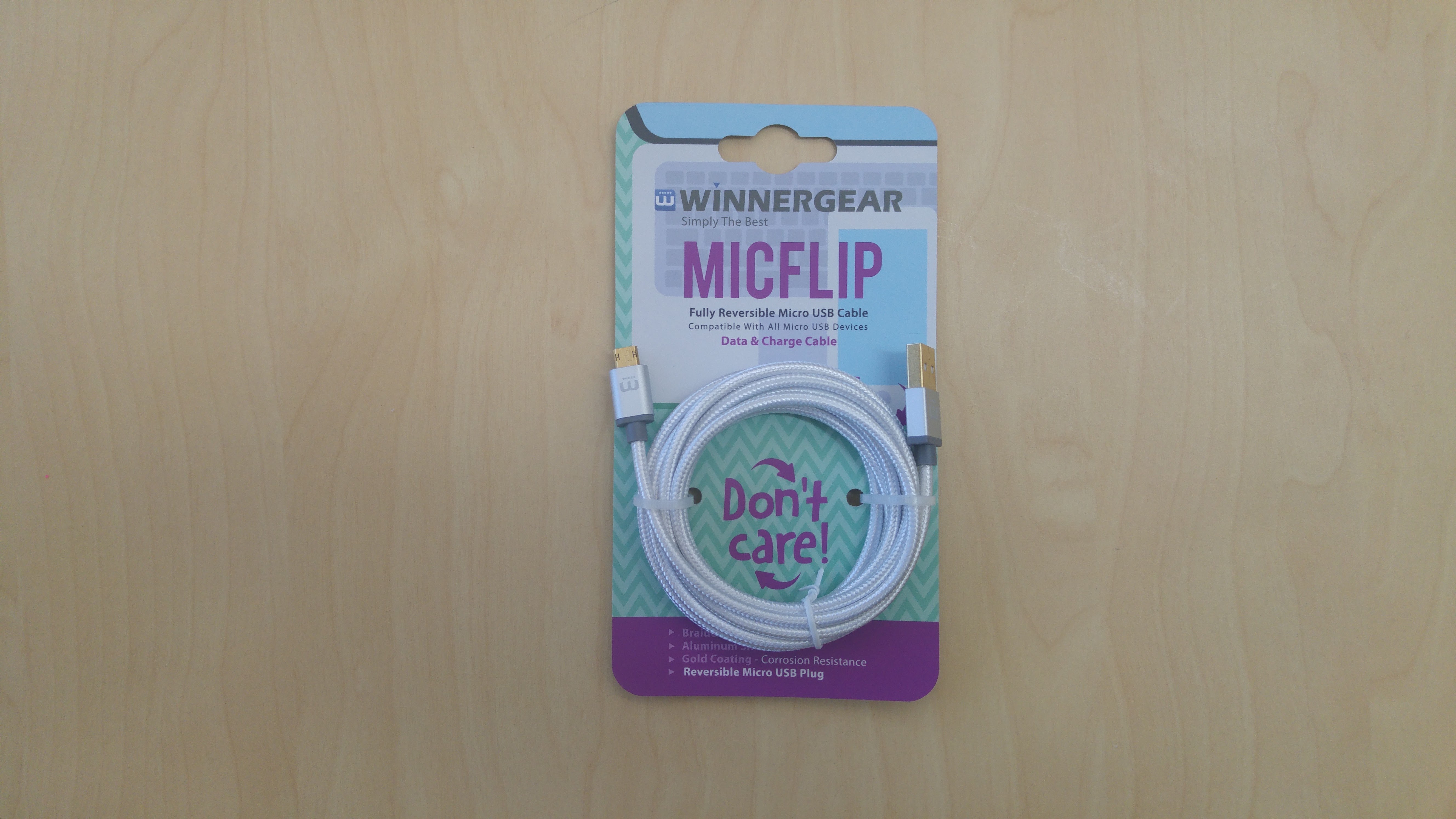
All USB cables are not made equal. We’re the first to espouse that you don’t have to buy oxygen sealed digital cables for 35x the price of any reasonable cable. At the same time, your $0.35 cable from XYZ.com may not be the best quality cable on the market. What you want lies somewhere between these two extremes and the new Micflip Reversible Micro USB cable from WinnerGear might just be one such option. So what makes a good cable?
Without going into intricate details on the benefits of a 28AWG/1P + 24AWG/2C” USB cable vs a “28AWG/1P + 28AWG/2C” cable the basics are:
- Gauge of wire
- Quality of wire
- Cable shielding and insulation
- Length of cable
- Quality of connectors
USB transmission is a game of battling resistance, the thicker the wire, the less the resistance, the more power/ data it can transfer, the longer the cable, the greater the resistance, the less power/ data it can transfer. In most situations you want a cable that is a short as practical for the job with a thick gauge wire – within reason – and good shielding to reduce interference. Couple that with connectors that are sturdy and will stand up to multiple plug/unplug cycles and don’t significantly add to the overall resistance and you’re on a winner.
The Micflip comes in 3 lengths at this stage, 20 cm, ideal for use where your USB A port is close at hand, a more typical 1m length and a much longer 2m cable. WinnerGear sent us a 2m silver sample, which definitely would reduce it’s charging rate – as any 2m cable would. The connectors are made of aluminium with a plastic inner sleeve and gold plating to reduce oxidation (oxidation increases resistance to some degree), and thus far have engendered a feeling of quality and sturdiness about them. The cable’s outer casing is a soft but sturdy nylon braid that both resists tangles and adds a premium feel to it. Overall as far as cables go this is a premium feeling one.
All of that doesn’t even touch on the MicFlips distinguishing feature, a reversible Micro USB connector. That’s right, the Micflip gets the much celebrated – and rightly so, it’s excellent – USB Type-C reversibility but for Micro USB devices.
I’m not sure what kind of electrical Voodoo the engineers behind the product have done to make the cable work when “flipped” but the mechanics of it are genius in their simplicity. They have “rounded” the square edges of the “bottom” of the MicroUSB connector so it is symmetrical and made the contact pins double sided (this is probably where the “wires get crossed” so it’s always in the right way). This is one of those why has no one thought of this until now moments?
Basically, it just works. The only different between using this and a standard cable is it takes just a bit more force to click it in, but once it’s in it grips well, something I wish more cables would do.
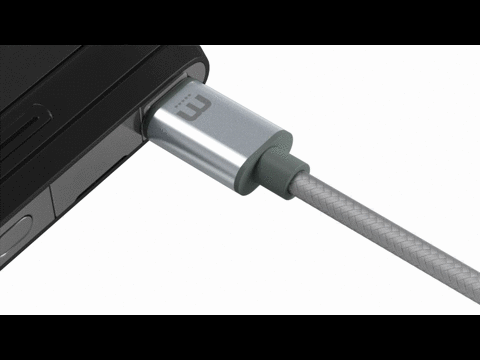
After using the cable for a little over a fortnight, I now wish that:
- the Micflip came in all black, at present the colour range is silver, gold and red with black connectors; and
- that all of my Micro USB cables could be replaced by a reversible cable.
Conducting empirical tests on the charging and data speeds for USB cables requires more equipment than I have at hand. I can attest that data transfer rates, when connected to a compatible port, seemed as quick as I’ve ever experienced.
When it came to charging speeds the only fair test seemed to be to compare the cable to another cable of similar length and hopefully good quality. I have several Aukey 2 metre cables; I ran a comparison between these cables and the Micflip charging a Nexus 6 for one minute each using a Quick charge 2.0 charger and tested the mA using Ampere. I admit, this is may not be the most accurate test. However, it should be relative to itself if not a complete reflection of total power transmission.
As you can see the cables performed similarly. There was just over a 10% difference in recorded average power transmission between the two cables with the Micflip being just pipped by the Aukey cable. If you’re a regular user of Ampere, it is important to remember that as a 2m cable you should expect much lower scores than your standard 90cm – 1m cables. Overall I would say that the cable performs well for both data a power transmission.
We spoke with the company, and they confirmed that they are using thicker gauge wires with proper shielding, so a good result is expected.
One thing worth questioning is, is there a risk in using a reversible micro USB? The answer is we don’t know; the products are too new. The female port on your phones does have a plastic PC board with the contacts on it, being plastic is can be flexed or damaged. The same goes for the Micflip’s male connector its centre connector it also seems to be made of flexible plastic. I was not personally worried, if anything, I think the Micflip would be the more likely of the two to be damaged, if at all.
Here’s the question is it worth buying. As I hinted to above I want ALL of my micro USB cables replaced with reversible cables and due to the quality of the Micflip’s build, the decent charging speeds and the convenience of the connector I would be very happy in replacing my Micro UISBs with the Micflip. You can buy the Micflip from Winnergear’s website for $19.99 USD (about $26 AUD at the time of publishing) for all 3 lengths with free international shipping. This price places the cable at the upper end of the USB market, but with the novel reversible connector and overall quality that price isn’t too extravagant.
In the end, you know if a $26 USB cable is something you’re interested in, from our end what we can tell you is if it is the Micflip is worth considering.
Are you interested in a reversible Micro USB cable? Let us know who you would use it below.

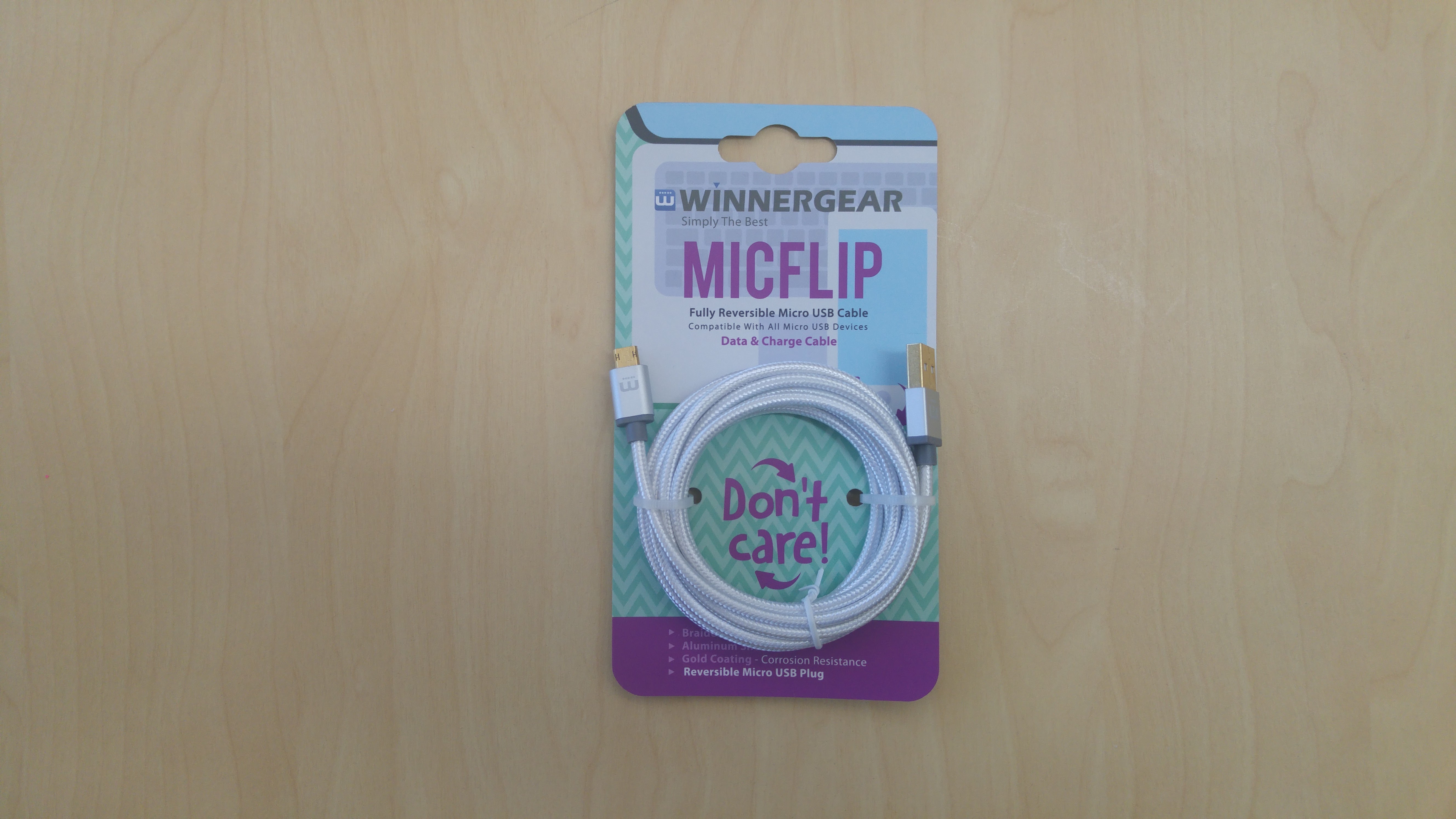



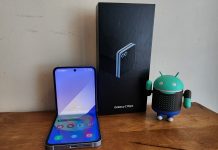
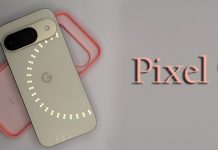
Does it, by any chance, also fit the new USB-C connectors?
Hey Phill, no the USB Type C connector is very different, would be nice though